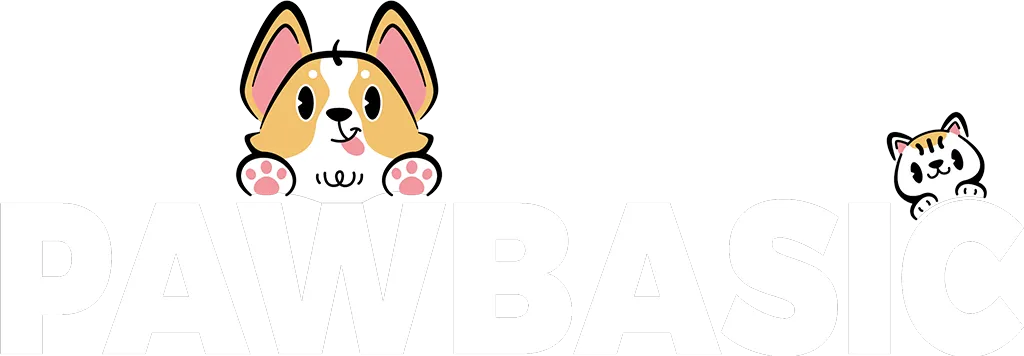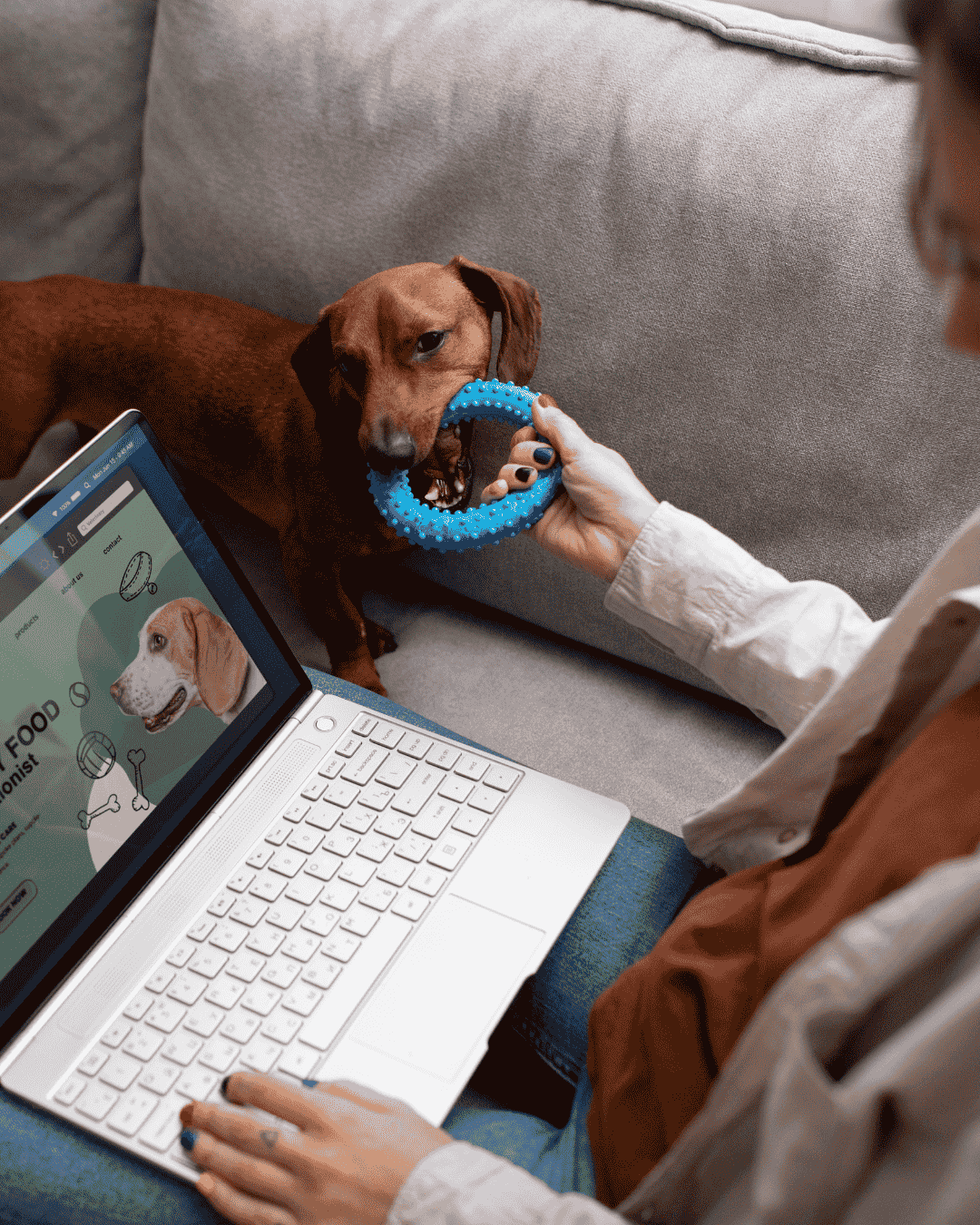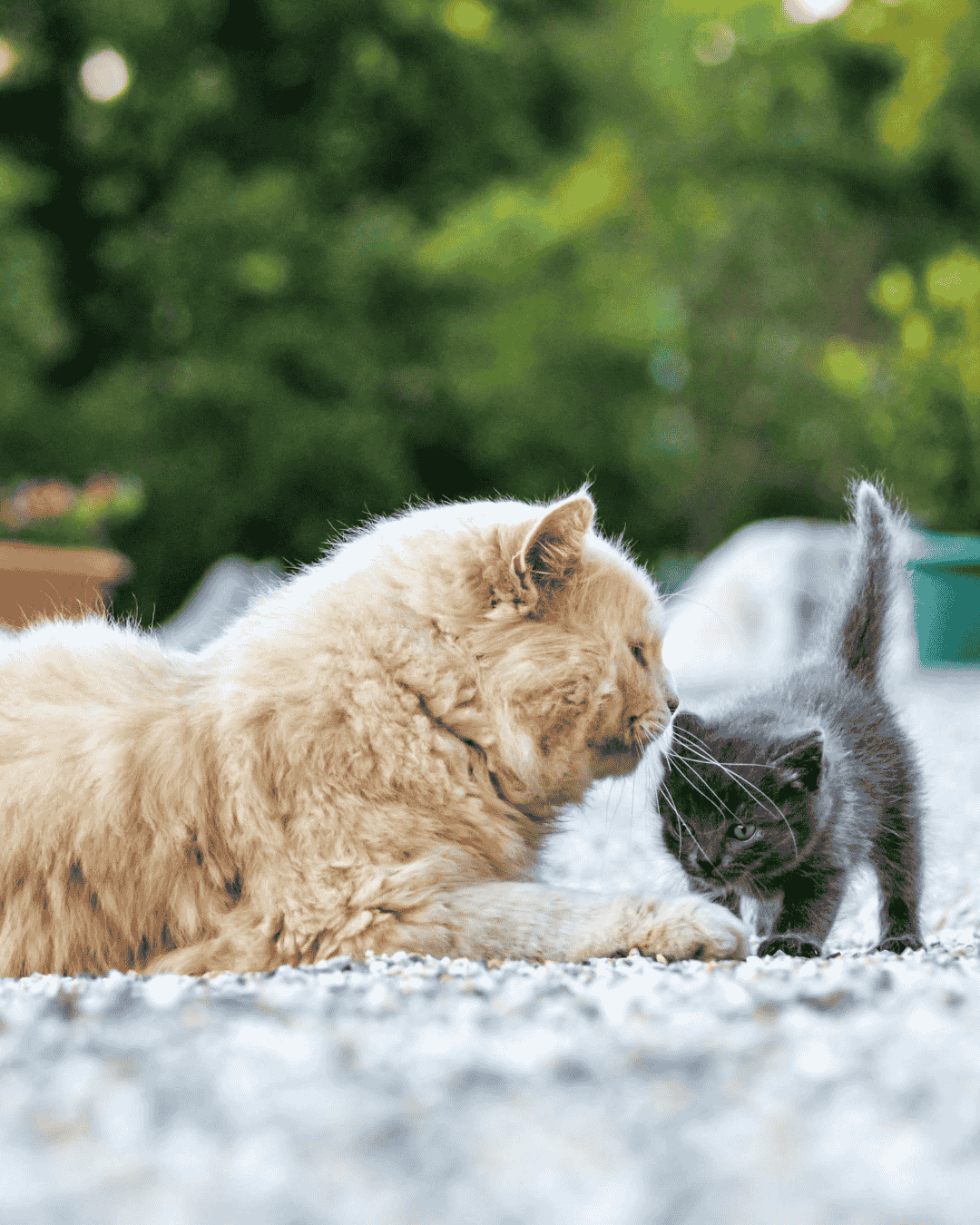Your puppy’s first grooming appointment sets the tone for a lifetime of healthy habits. At PawBasic, we specialize in making your pup’s first experience gentle, safe, and – dare we say – adorable. Located in Cooksville, Mississauga, our salon has helped hundreds of pet parents give their puppies the very best start.
When Should You Start Grooming a Puppy?
The ideal time to start puppy grooming is around 8 to 12 weeks old, after their first round of vaccinations. Starting early helps your dog become familiar with grooming tools, handling, and new environments – reducing fear and anxiety later in life.
Tip: Don’t wait until your pup is shaggy and uncomfortable. Early grooming = easier grooming.
What to Expect at Your Puppy’s First Appointment
Your first grooming session at PawBasic will be more of a gentle intro than a full makeover. Here’s what we include in a puppy’s first groom:
- Warm bath with hypoallergenic puppy-safe shampoo
- Gentle blow-dry with low-noise dryers
- Brushing to remove tangles and loose fur
- Nail trim (if the puppy is comfortable)
- Ear cleaning
- Face trim and sanitary cleanup (optional)
- Tons of cuddles, treats, and reassurance ❤️
Our groomers take extra time to help your puppy feel safe, loved, and rewarded. Each groom ends with a cute photo and progress notes for the pet parent.
Why Puppy Grooming is So Important
Puppy grooming is not just about looking good – it’s about health and lifelong comfort. Grooming helps with:
- Skin and coat health
- Nail care to prevent posture issues
- Desensitization to handling (important for vet visits)
- Preventing matting and skin irritation
- Building trust and routine
Local Love: Why Mississauga Pet Parents Choose PawBasic
We’re proud to be the go-to dog grooming salon in Mississauga with a 4.9-star Google rating and hundreds of happy customers. Our location at 18 King St E makes us a convenient stop for pet parents in Cooksville, Hurontario, Dundas, and Square One areas.
Want proof? Read our Google Reviews and see why Mississauga dog moms and dads love us.
Book Your Puppy’s First Grooming Appointment Today!
Don’t delay your puppy’s grooming journey. Click below to reserve a gentle, welcoming, and loving first experience.




